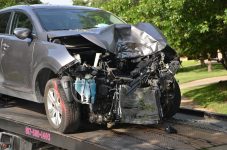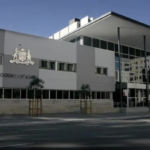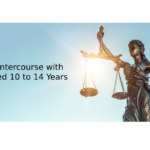Do I Have to Answer Police Questions if I’ve been in an Accident?

If you have been involved in a traffic accident you need to report the matter to the police as soon as possible. Failing to report an accident can leave you facing criminal charges. If you are concerned that you may face legal repercussions if the accident is deemed to be due to negligence on your part, or you were under the influence of alcohol at the time, you may be hesitant about speaking to police before seeking legal advice.
Although in most circumstances police can’t legally make you answer questions there are a number of situations where you do have to provide information when requested. This is known as a form of demand. According to the Law Enforcement (Powers and Responsibilities) Act 2002, police are entitled to request the disclosure of the driver or any passengers’ identities if they believe that an indictable offence has been committed. This includes situations where an accident has occurred.
How do police issue a form of demand?
There is a certain procedure which police officers have to abide by when issuing a form of demand. This is laid out in Section 201 of the Law Enforcement (Powers and Responsibilities) Act 2002. When they are exercising their power to make a form of demand, there are certain requirements including:
- If they are not in uniform they must provide evidence that they are police officers.
- The officer must give his or her name and place of duty
- Officers must provide a reason for issuing the form of demand
- After making the request they must, as soon as is reasonably practicable, provide the person with a warning that they are required by law to comply with the request. If the person doesn’t comply after being given the first warning, the officer is required to give them a second warning that failure to comply is a criminal offence.
If police don’t provide the relevant warnings, or if they aren’t given at the right time in the process, in many cases a defendant can’t be convicted of failing to provide details.
What information do I have to give police?
If you have been issued with a form of demand you don’t have to answer all the police questions. You may wish to give only the necessary information and obtain legal advice before providing any more details about the event and the circumstances surrounding it.
It can be easy to make a mistake or give false information unintentionally when you are under pressure by police, especially if you have been involved in an accident.
Unfortunately police may use information you give them at the scene of the accident as evidence against you in the future.
If you have been given a form of demand by police you are required to give them your name and address and show them your driving licence if you were driving a vehicle at the time. You are also required to provide them with the identity of any passengers who were in the vehicle at the time of the accident or alleged offence. If you are not the owner of the vehicle you are required to provide details of the registered owner including their name and address.
If you have been involved in an accident you are also required by law to provide police with a brief explanation of what happened and give your name and address to the other driver for insurance purposes.
What information should I avoid giving police?
It’s a good idea to provide only the essential facts about the incident to the police. Avoid elaborating unnecessarily, making any admissions of guilt, or speculating as to the reason the accident took place. Remember that information you provide to police in the heat of the moment could come back to haunt you if the matter goes to court. Speak to an experienced, specialist traffic lawyer as soon as possible for advice, especially if you believe that you are likely to be charged with a traffic offence as a result of the accident.






